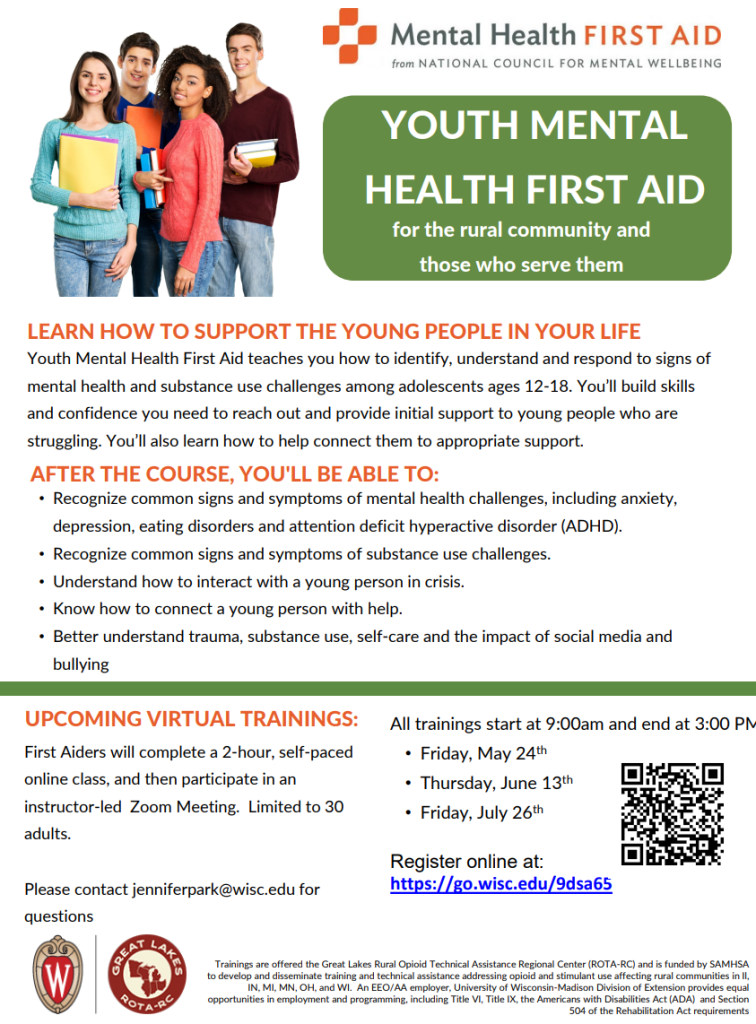





Dealing with anyone who is angry can be challenging, but adding the complexity of “little man syndrome” (a term sometimes used to describe individuals who compensate for feelings of inadequacy by behaving in an overly aggressive or domineering manner) can make it even more difficult. Here are some steps you might consider:
Remember, you can only control your own actions and reactions. Focus on managing yourself and your responses rather than trying to change the behavior of others.
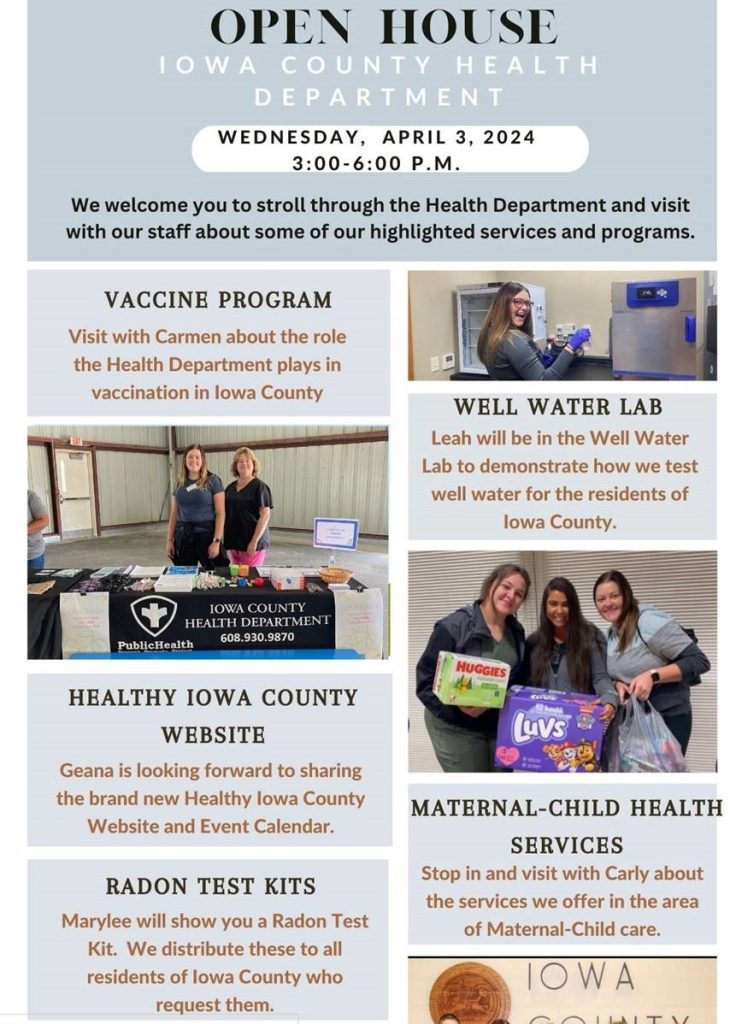
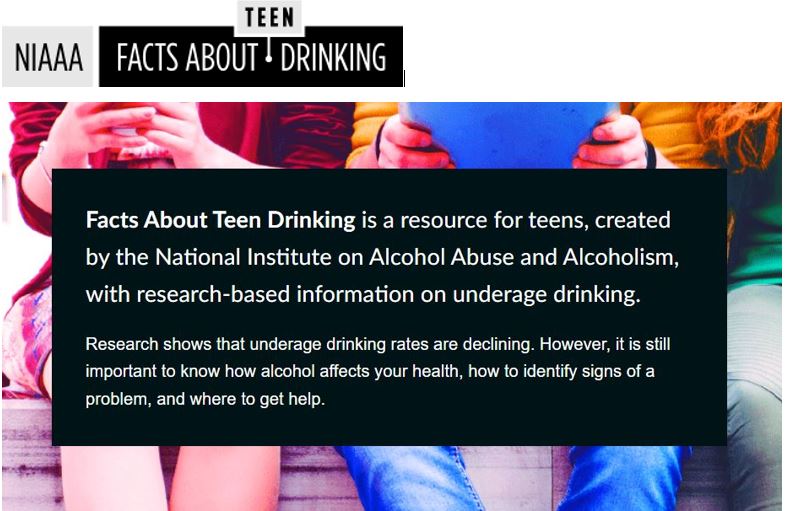
Learn more at https://niaaaforteens.niaaa.nih.gov/getting-help
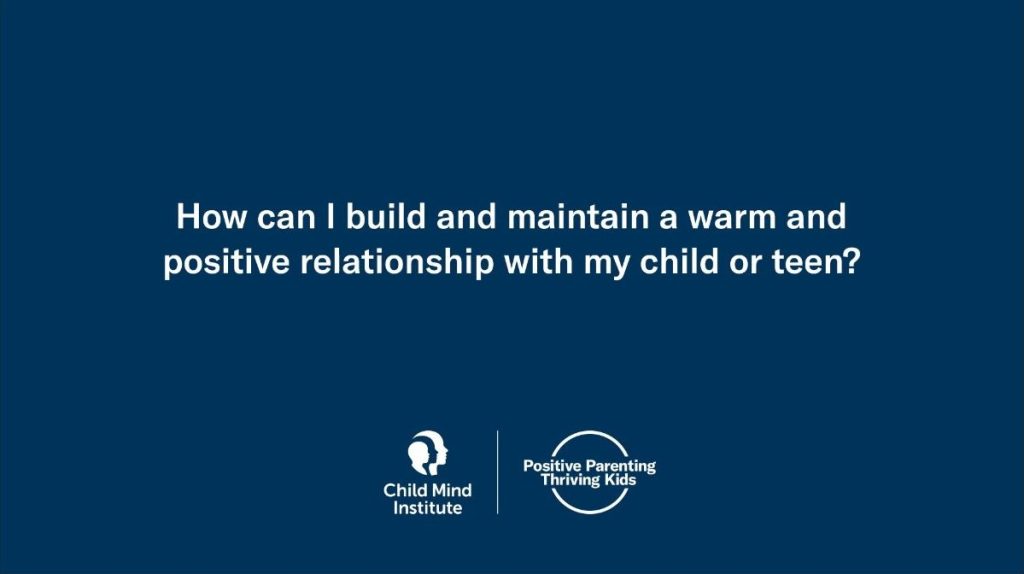
How can we build and maintain warm and positive relationships with our children or teens?
Learn how simple actions like creating positive family routines and maintaining open and honest communication help foster a warm, supportive relationship with your child or teen.
Childmind Institute: https://childmind.org/positivepar…/positive-relationships/
In Spanish: https://childmind.org/…/crianzapo…/relaciones-positivas/
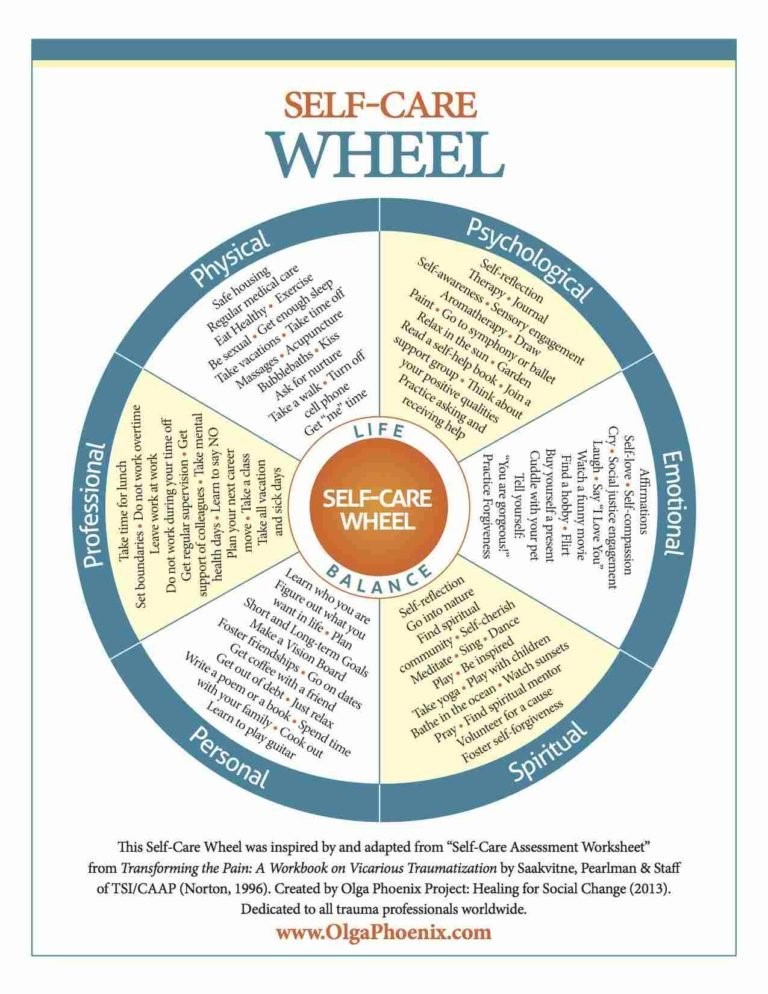

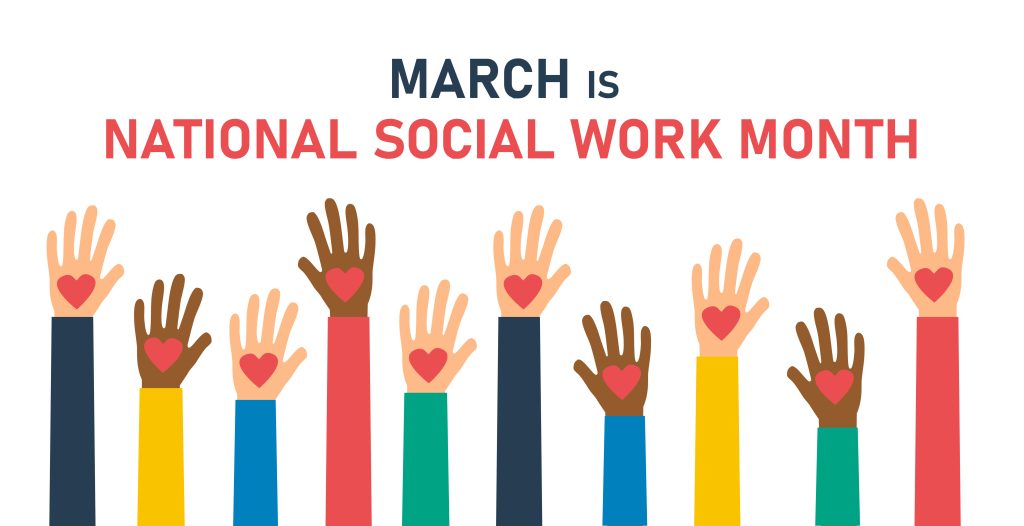
Just in case anyone out there isn’t aware, our social workers are AMAZING!!!!!!!! Thank you for all you do!!!